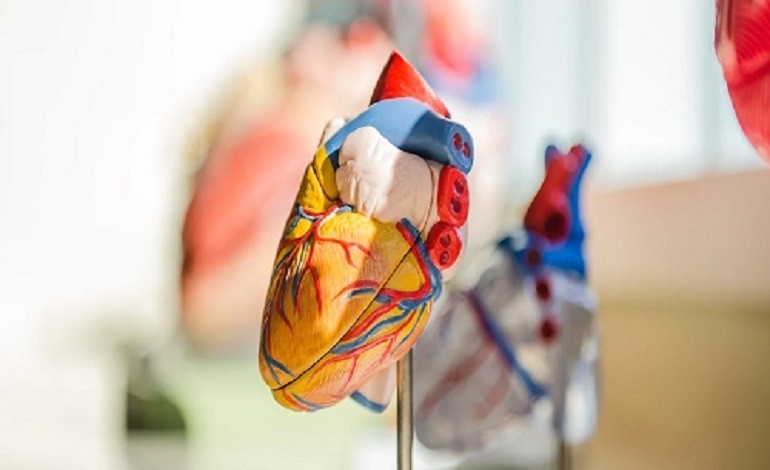heart specialist
When Should You See a Cardiologist?
It's essential to visit a cardiologist if you experience any of the following symptoms:
Chest Pain: This can be a sign of angina or a heart attack, both of which require immediate medical attention.
Breathlessness: Difficulty in breathing, especially during physical activity, can indicate heart failure or other serious conditions.
Palpitations: Feeling your heart beating too fast or irregularly can be a symptom of arrhythmias, which need to be evaluated.
Dizziness or Syncope: Episodes of dizziness or blackouts can be related to heart issues and should be investigated promptly.
If you have risk factors like diabetes, high blood pressure, smoking, family history of heart disease, or high cholesterol, it's crucial to see a cardiologist even if you worry about the costs. Early detection and treatment can save your life.
What Happens at Your First Visit to a Cardiologist?
Your first visit to a cardiologist typically involves several key steps:
1. Registration: Upon arrival, you will provide your personal details and any referral letters from your GP or another specialist. You’ll also need to give insurance information if you have coverage.
2. Consultation: Our cardiologist will take a detailed history of your symptoms, past medical history, medication, family history, and lifestyle habits such as smoking and alcohol intake. A thorough clinical examination focusing on the heart and vascular system follows. After the examination, the cardiologist will discuss potential diagnoses and decide on the necessary tests for further investigation.
Read more : https://www.hhscsg.org/









